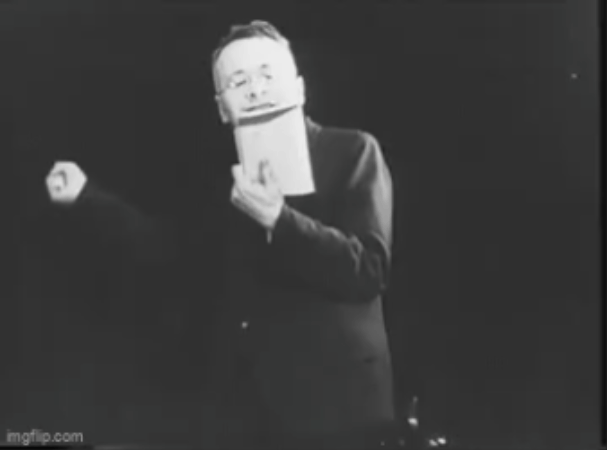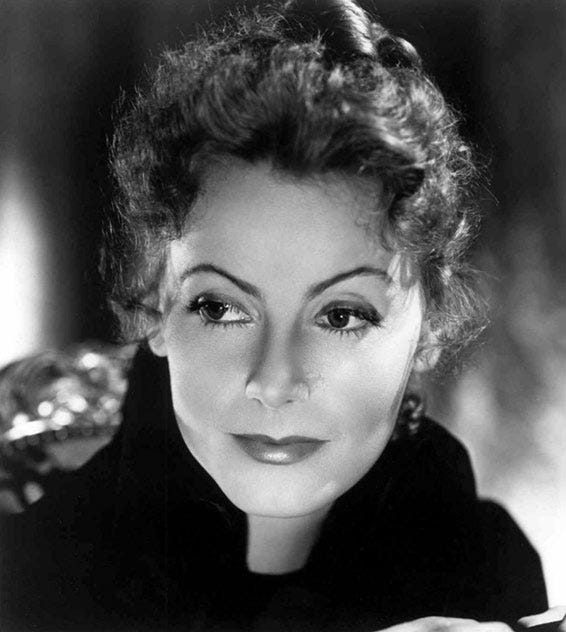
Dr. Grete Ružička, a chemist, walked into a Vienna cafe with a group of friends, intending to hear a public reading by the well-known journalist Karl Kraus. At another table, Grete spotted theater director Berthold Viertel, to whom she was married. Grete went over to where Viertel sat with a new girlfriend, Salka Steuermann, who recorded the scene. The year was 1916.
“She stopped at our table and reminded him that there was a Kraus reading,” wrote Steuermann, who became Viertel’s second wife in 1918. “Kraus would find it inexcusable if he left.”
In fact, Berthold Viertel and Karl Kraus were the best of friends, as well as creative colleagues. Both loomed large for young, progressive-minded Viennese of that time. Kraus’s magazine, Die Fackel (The Torch), had been drawing young readers since 1899. After Germany and Austria entered the increasingly unpopular First World War, however, The Torch’s readership ballooned. Students in both countries loved the publication for its editor’s biting satirical humor.
“Governments that are ‘war-weary’ after four years of war can tell us nothing better than ‘Press on’!” — Karl Kraus.
“War-weary,” wrote Kraus in one column. “This is the stupidest phrase of our time.”
“To be ‘tired’ of war means to be tired of murder, tired of robbery, tired of lies, tired of stupidity, tired of hunger, tired of disease, tired of filth, tired of chaos. When were we ever ‘fresh and alert’ for any of these? Truly, ‘war-weariness’ is a condition that deserves no rescue. One should always be war-weary before war begins, not after. War weariness cannot end war; it should prevent it. Thus, governments that are ‘war-weary’ after four years of war can tell us nothing better than ‘Press on’!”
Kraus’s broad and loyal readership supported such fire, and students flocked to his readings. When he entered the cafe that evening, the room erupted, Salka Viertel remembered, in her autobiography, “Das Unbelebbares Herz.”1
“A shabby, slightly bent and grey-haired man, Kraus was greeted with a storm of applause,” she reported. “In 1916, openly protesting the war was an admirable show of courage.”
Having heard him speak and by reading his columns in die Fackel, Kraus’s admirers felt themselves to be in “a very conspiratorial circle,” remembered artist Margit Téry, who worked in her own Vienna studio at that time.
“If you lived in Austria as a young person, you inevitably came under the influence of Karl Kraus who, during the war, read aloud in public from (his satirical play) ‘The Last Days of Humankind’…. We were all quite enthusiastic about it.”





